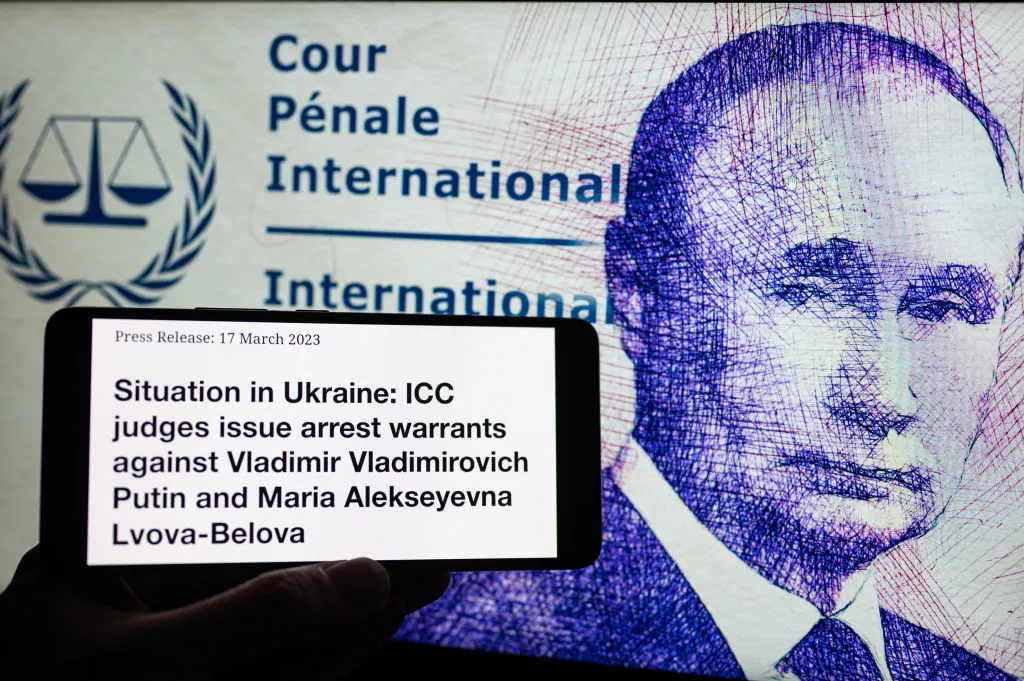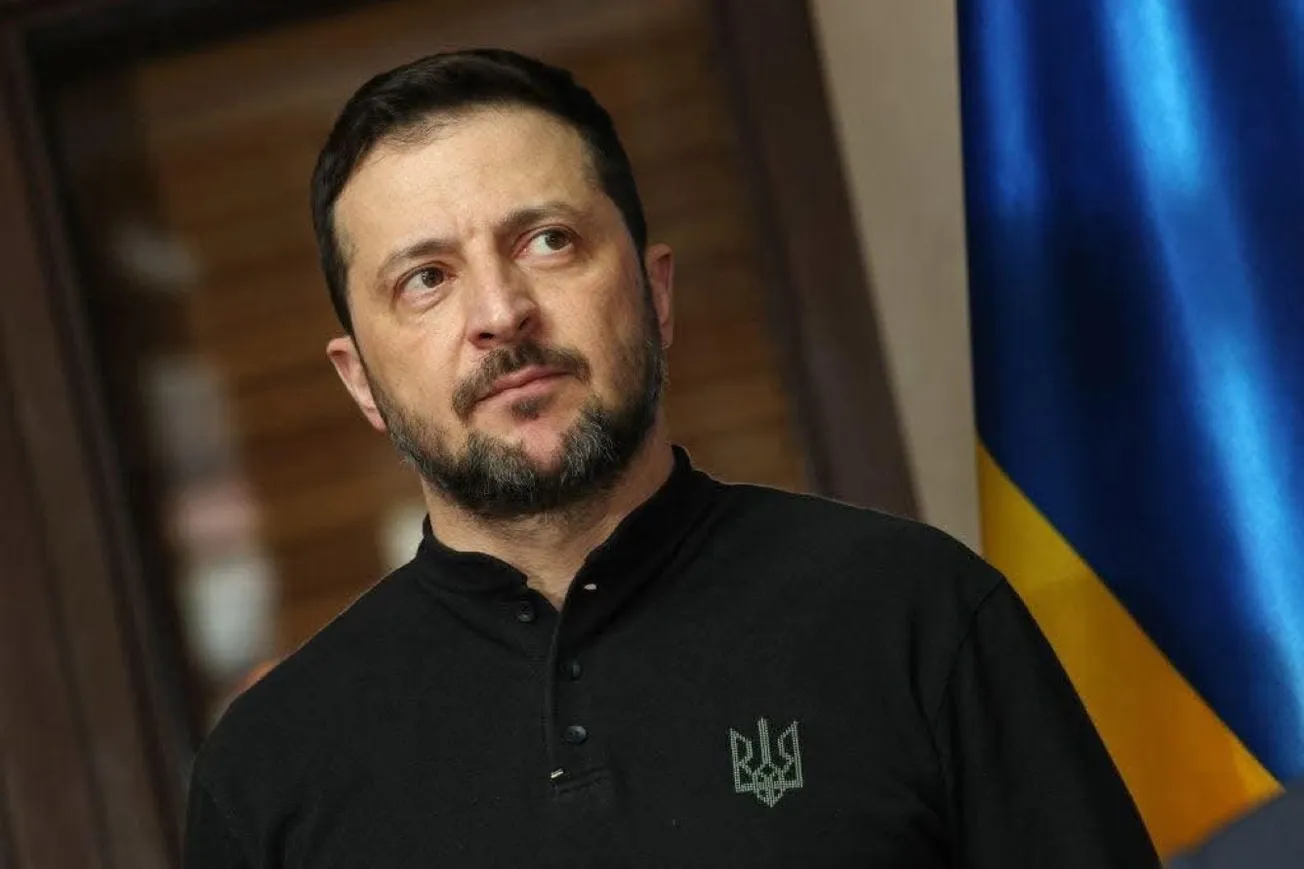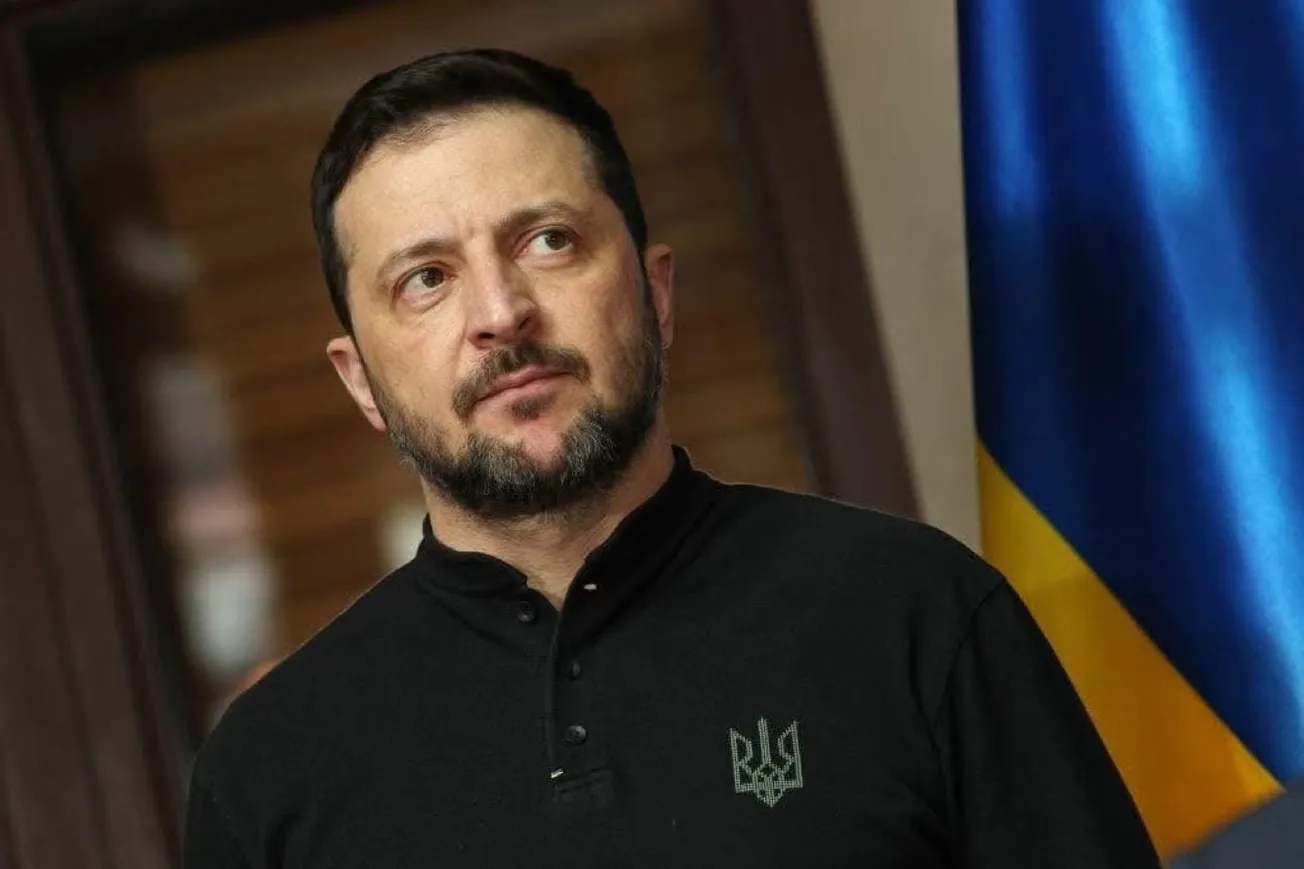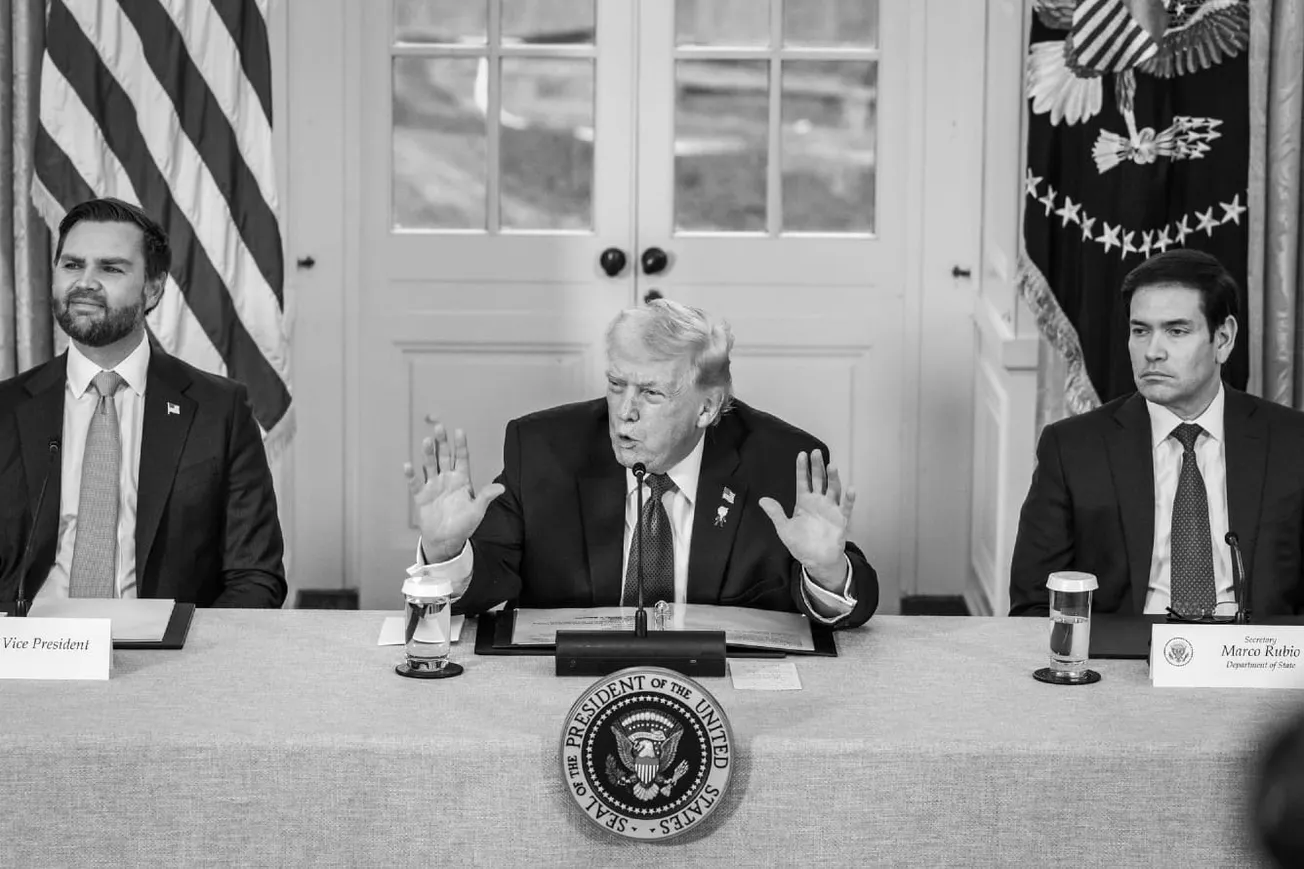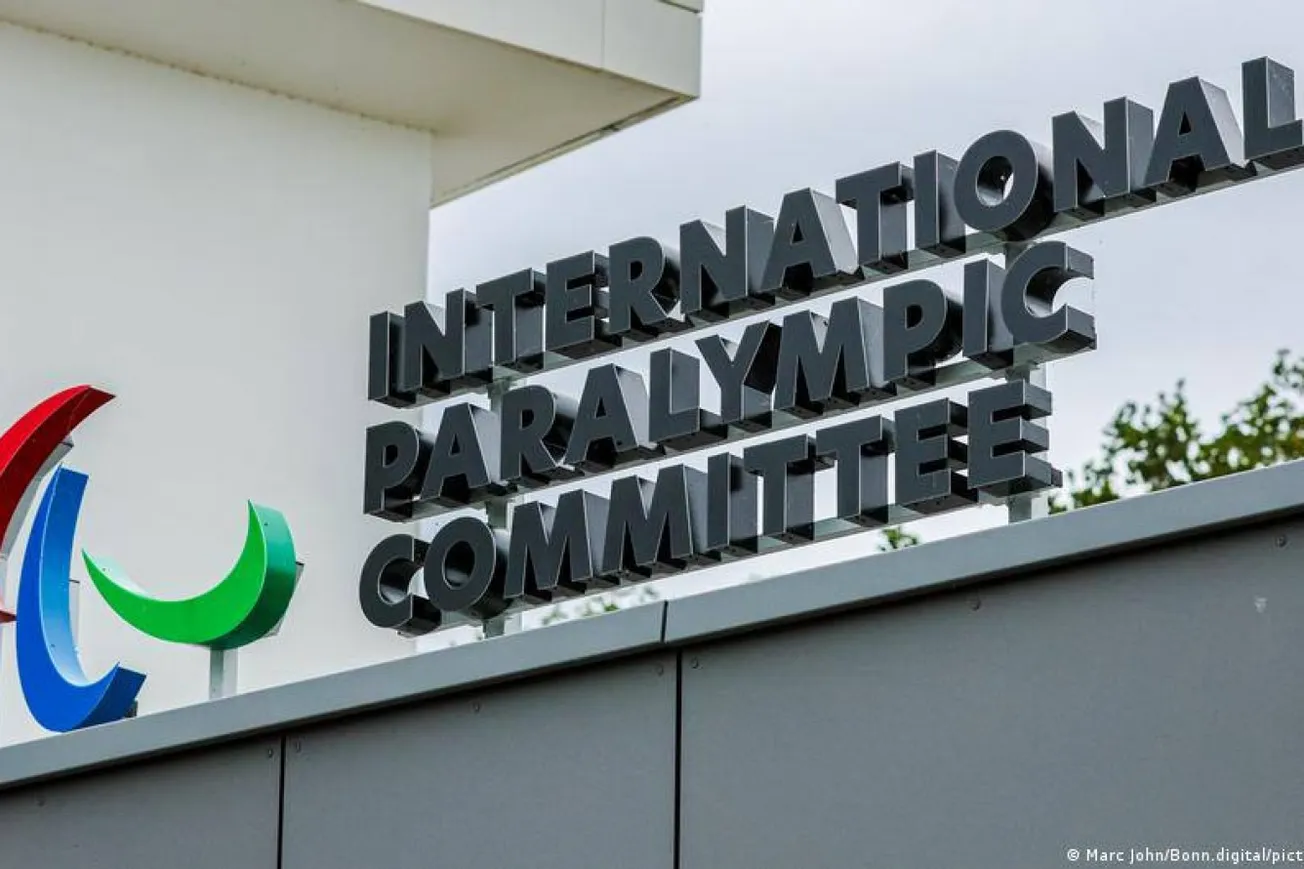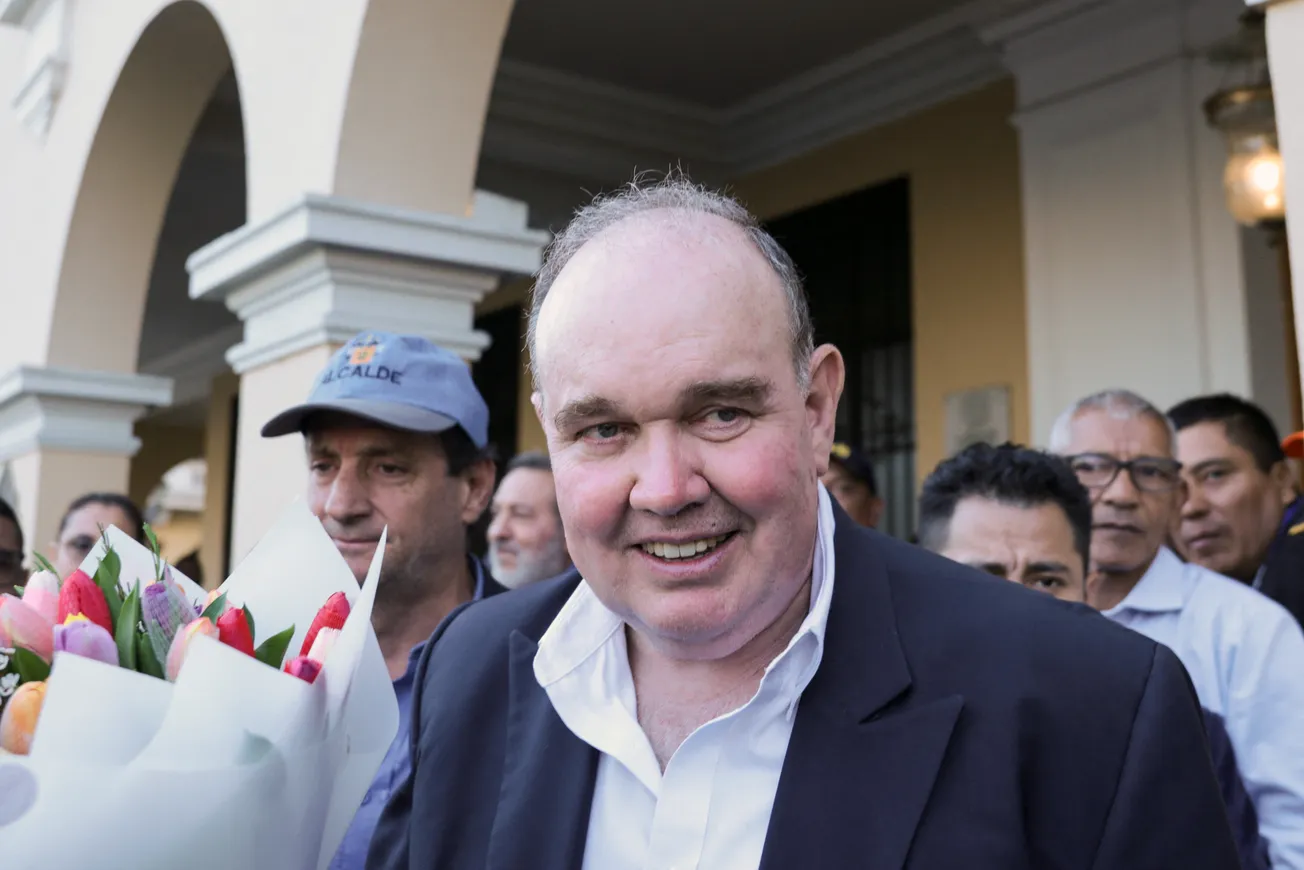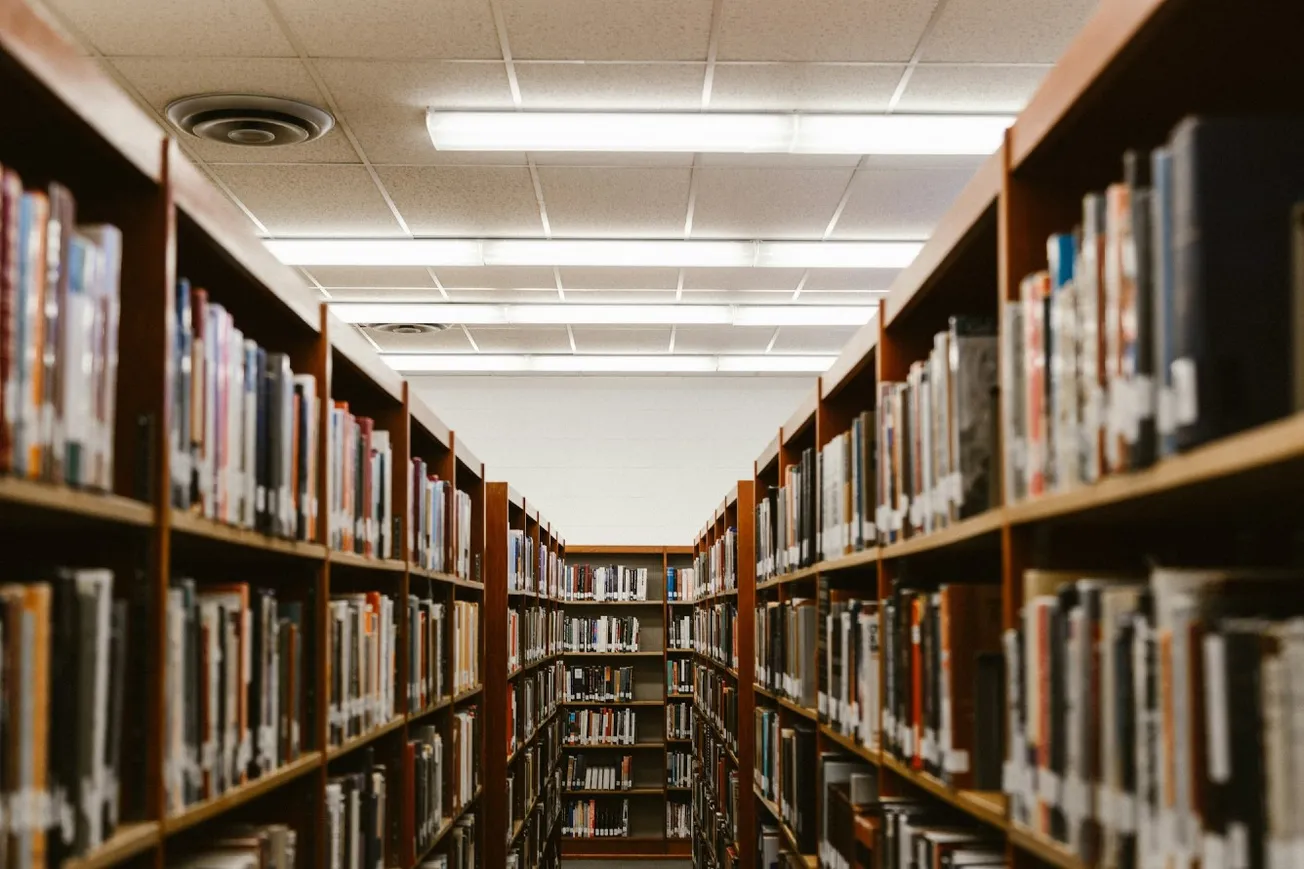On 17 March 2023, a little more than a year after Russia invaded Ukraine, the International Criminal Court issued an arrest warrant against Russian President Vladimir Putin and Ms. Maria Alekseyevna Lvova-Belova, the Commissioner for Children's Rights in the Office of the President of the Russian Federation.
If the ominous-sounding "arrest warrant" had anyone hoping that the autocratic leader's days were numbered or that the war's end was near, they are sadly mistaken. The ICC's move is a paper tiger, at best. At worst, it could strengthen the anti-West sentiment.
According to the ICC, the Russian leader "is allegedly responsible for the war crime of unlawful deportation of population (children) and that of unlawful transfer of population (children) from occupied areas of Ukraine to the Russian Federation." Kyiv claims that close to 16,000 children have been taken away by Russia so far, and only a few hundred have made it back home.
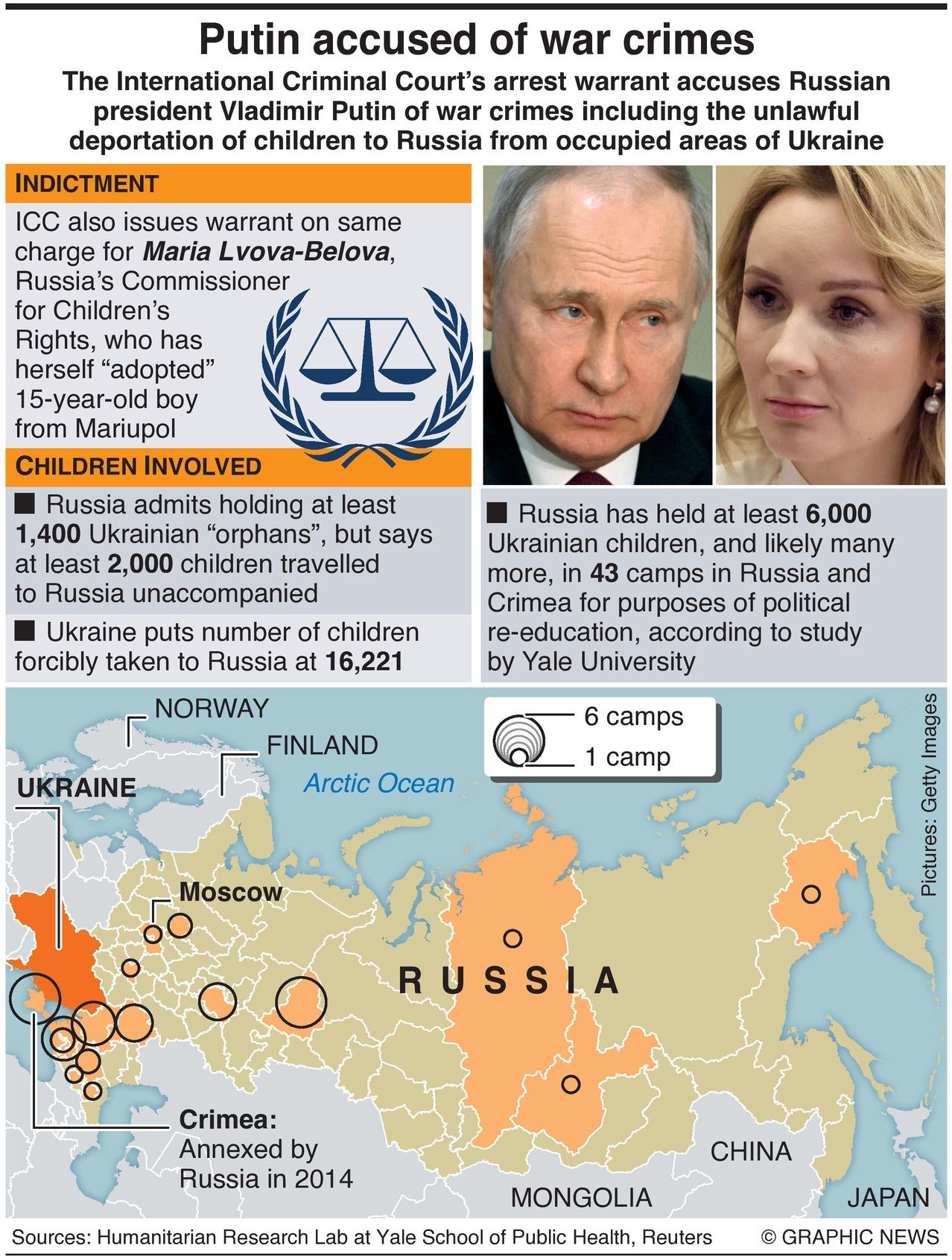
The United Nations recently reported on the kidnapping and deportation of young children to Russia from occupied Ukrainian territories. The children are said to have been placed with foster families and given Russian citizenship. Moscow has publicly confirmed the program but claimed that the children were "transferred for their own protection." The authorities maintain that the children had been orphaned, separated from their families, or their parents were missing.
But, the UN report is damning and presents a different picture. It states, "The transfers were not justified by safety or medical reasons. There seems to be no indication that it was impossible to allow the children to relocate to territory under Ukrainian Government control. It also does not appear that Russian authorities sought to establish contact with the children's relatives or with Ukrainian authorities."
The accusation could put President Putin in a spot of bother, especially since he has strived to portray himself as a champion of "traditional family values" and a protector of children. Russians, in general, are considered considerate and concerned about the well-being of children.
The alleged kidnapping of children may erode support for President Putin's ongoing war, inside and outside Russia. The revelation of atrocities against children may tarnish the Russian leader's reputation, but it is unlikely that such considerations would make the man change his course.
Sympathy for Ukraine may be stoked by reports that Russian authorities have been deliberately carrying out a systematic program to strip the young Ukrainians of their identity by forcefully re-educating them to become Russian. Those still withholding arms and other aid to Kyiv may now step up their efforts to counter Russian might.
Beyond the possibility of eroding support at home and abroad, President Putin may not care much about the ICC's warrant. The Court does not have a police force and relies on other nations to enforce its arrest warrants. It is unlikely that Moscow will take any steps, now or even later, to hold the President accountable.
The ICC's move may put a bummer on his travel plans, as technically, the Russian President can be arrested if he travels to any of the 123 member countries. But the probability of any country plucking up the courage to enact the arrest warrant against the leader of Russia seems distant.
The ICC's action is a moral statement, at best, against the autocratic president's actions that have killed thousands and displaced millions. But, the organization lacks teeth and resources. No one is rushing to carry out the Court's bidding.
Russia, like the U.S., China, India, and Israel, is not a member of the International Criminal Court. Many of the world's most powerful countries have refrained from joining the organization to protect their national interests and sovereignty. The ICC, being separate from the United Nations, has no means of bringing people to justice without the aid of other countries.
The ICC's arrest warrant against President Putin is a paper tiger that may rally his allies to his defense. China, Moscow's friend "without limits," accused the ICC of double standards. The Chinese leader Xi Jinping paid a two-day state visit to Russia, his first international visit after stepping into his third term.
With news channels beaming horrific scenes of human suffering from various conflict-stricken locations, ICC's singling out of President Putin is unlikely to go down well among the anti-West nations. The Russian leader may twist the Court's actions and present them as the West's propaganda against Russia.
Terming the ICC's move as "outrageous," the Kremlin has opened a criminal case against the ICC prosecutor and judges who issued the arrest warrant. The symbolic gesture makes Russia's intent clear: the war - of weapons and words - is far from over.

